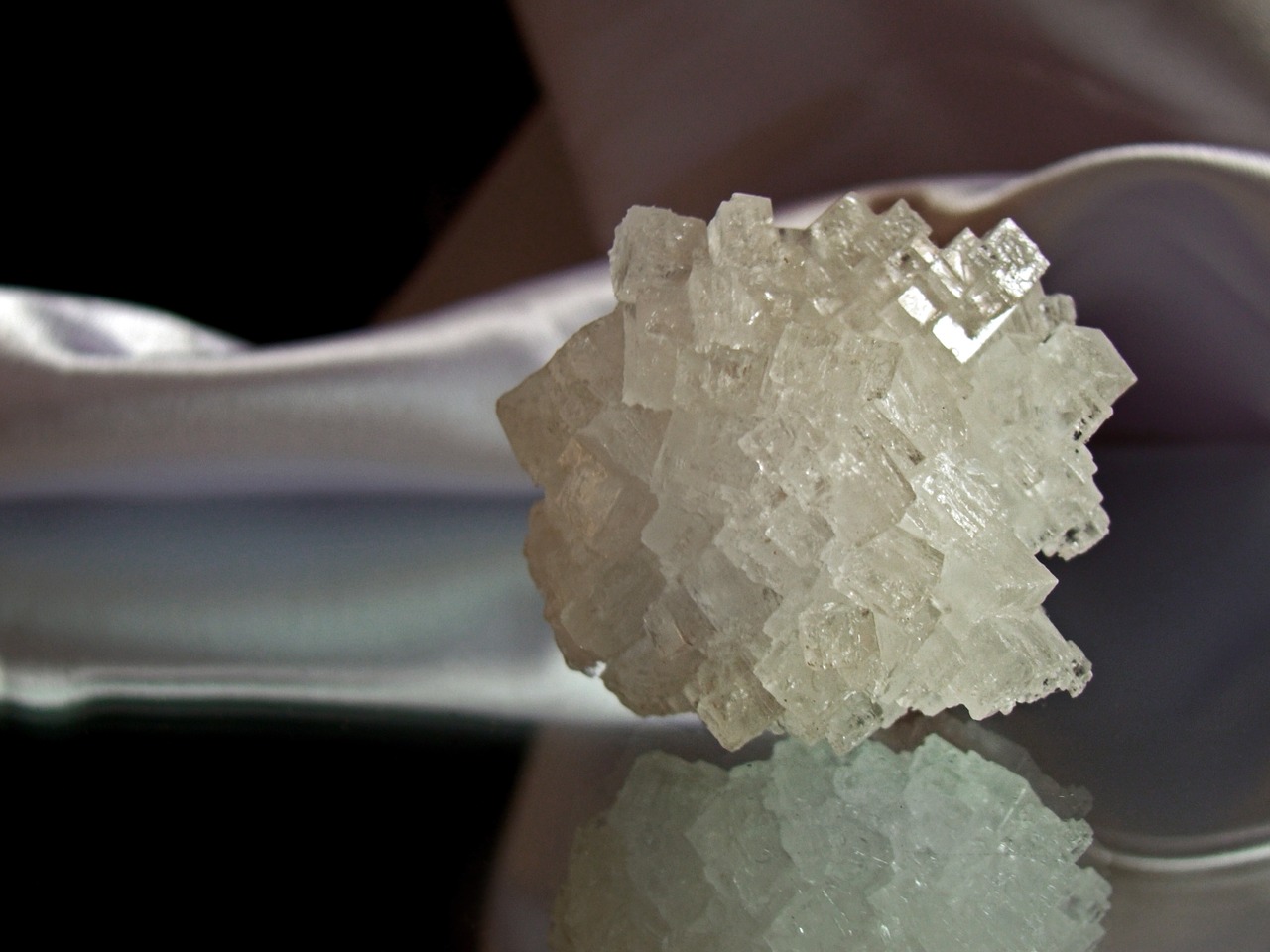Not unlike with different olive oils, I’ve often wondered when looking at a recipe, “Do I really need to use sea salt, or will simple table salt do?”
Category: Fooding
-
Difference between: calzone and Stromboli
Unlike some other Difference Betweens we’ve had, this one can be broken down pretty simply. Let’s check out these two Italian-based dishes.
-
Difference between: broth and stock
To say I’m super busy these days would be an understatement. In the midst of picking up a third (seasonal) job, I’m still working on my novel, doing wedding planning, etc, etc.
Indeed, we all have a lot on our plates, which is why I know you’ll understand that I “cheated” a bit with this Difference Between as a time saver – I’m going off of a piece I wrote for the market newsletter last year, which you can see here.
-
Difference between: whole milk and skim milk
This Difference Between is a fairly simple, non-complex one, compared to others we’ve had.
However, if you’re interested in reading more about the milk spectrum, HaveMilk.com has a great list covering flavored milk, organic milk, buttermilk, etc.
-
Difference between: evaporated milk and condensed milk
Our two items for this week’s Difference Between are made the same way and are extremely similar, and yet, you cannot use them interchangeably in recipes.
-
Difference between: light honey and dark honey
Note: Although this piece was published in October of 2013 it was updated and slightly revised in December of 2017.
Honey is produced in every state and most countries. Over 300 different varieties are available to us in the US. And, it’s been used as a sweetener long before sugar became widely available.
Most of us probably pick honey off the grocery store shelf or farmers market booth without giving it much thought, but have you ever wondered about the difference between light honey and dark honey?
Kudos to my friend Jenny for suggesting this Difference Between post.
-
Difference between: olive oil and vegetable oil
Of course, this is one of the Difference Between posts that unavoidably delves into further subcategories, such as extra virgin olive oil, canola oil, peanut oil, corn oil, and so forth.
Mostly, though, I want to look at olive oil and vegetable oil, the two oils I would imagine to be the primary staples in the kitchen. As I’ve mentioned before, I typically do not differentiate between the two in my own recipes, assuming that they are virtually always interchangeable.
After doing my research today, I can honestly tell you I went out and bought some vegetable oil, and may on occasion use it instead of the olive oil that has a permanent home on my kitchen counter.
